The International Conference of Computational Organic-Synthesis Catalysis 2025 (ICCOC 2025) was recently held at the Southern University of Science and Technology (SUSTech), attracting nearly 180 leading experts, scholars, and researchers from China and around the world.
Over several days, participants engaged in in-depth discussions on the latest breakthroughs and emerging directions in organic catalysis, with particular focus on the frontier developments of computational organic catalysis, biocatalysis, and AI-driven organic synthesis.
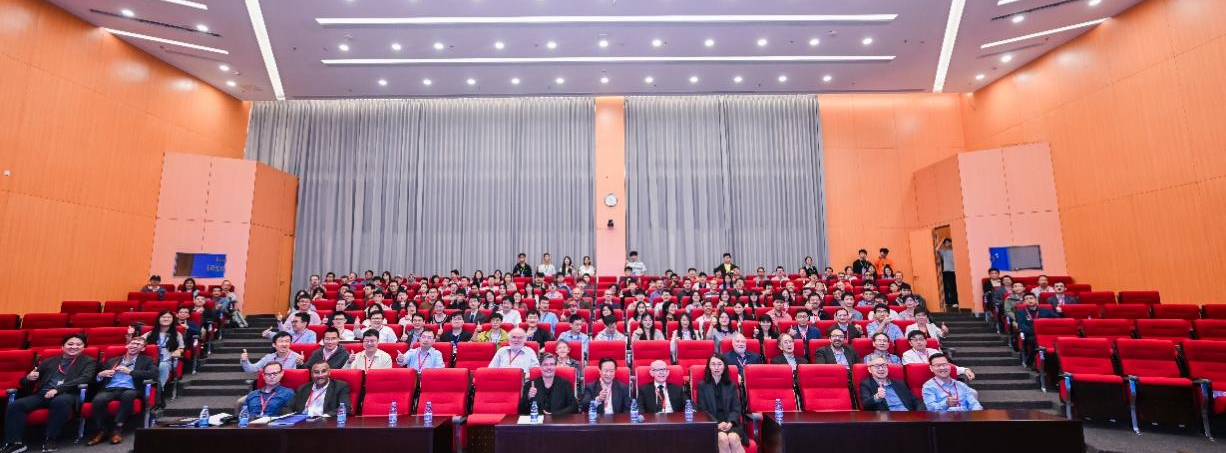
Hosted by the Department of Chemistry at SUSTech and co-organized by the Shenzhen Grubbs Institute and the Peking University Shenzhen Graduate School, the conference highlighted major progress in computational homogeneous catalysis, biocatalysis, and the application of artificial intelligence (AI) to organic synthesis.
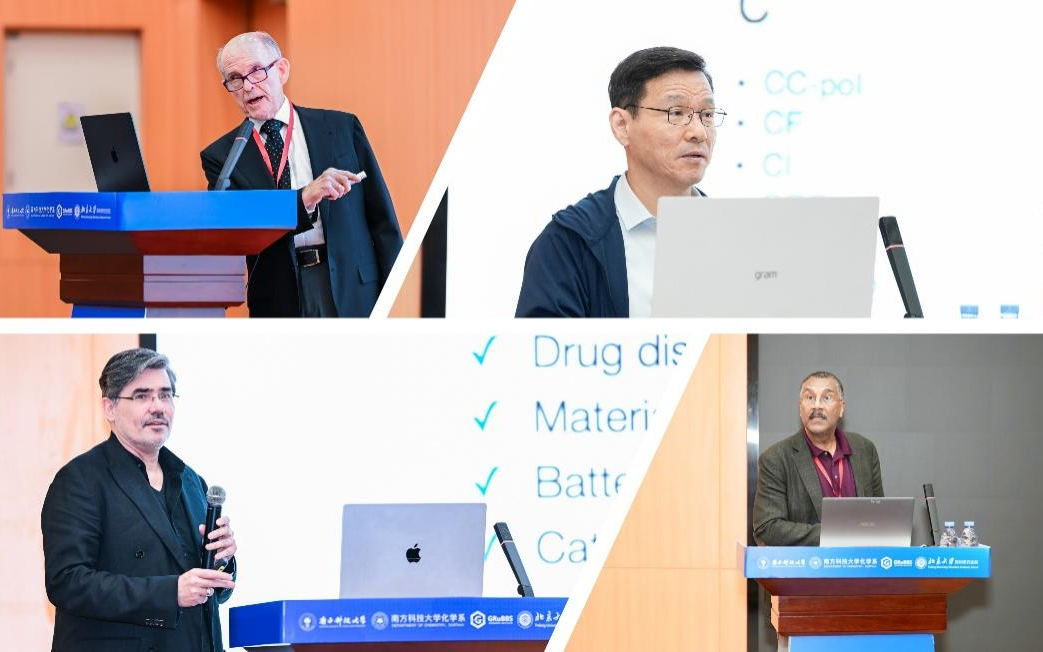
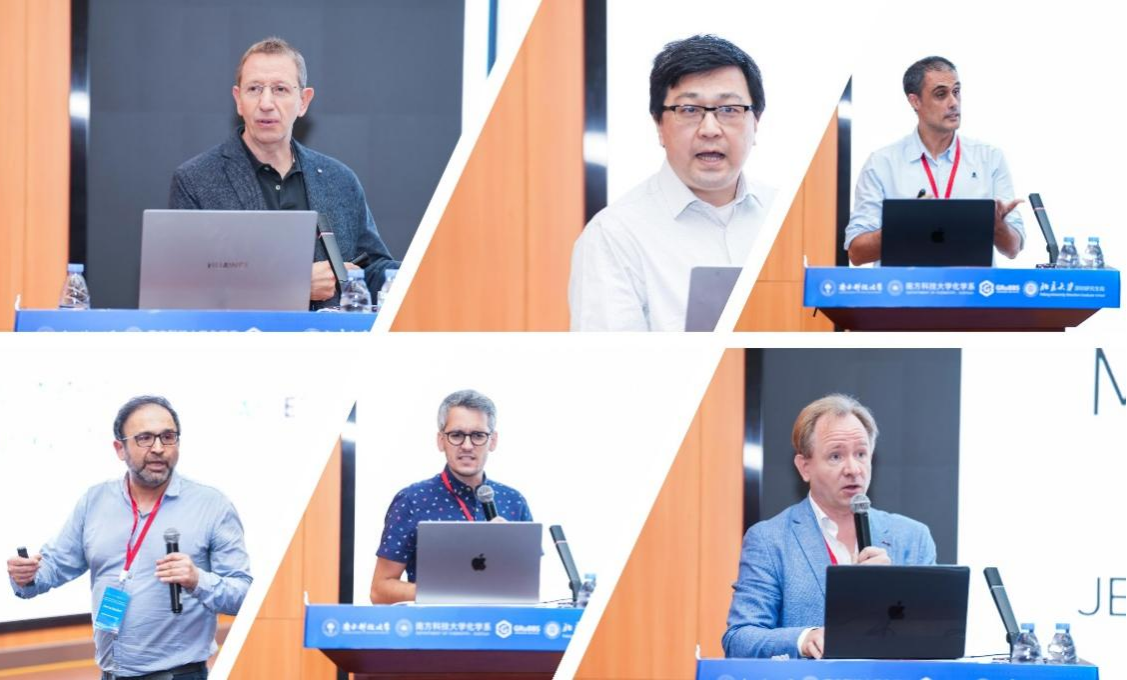
The event featured 32 internationally renowned scholars who delivered six plenary lectures and 26 keynote presentations.
Distinguished speakers included leading figures such as Kendall Houk, Member of the U.S. National Academy of Sciences (NAS) and Foreign Academician of the Chinese Academy of Sciences (CAS); Joseph Francisco, Member of both the NAS and the German National Academy of Sciences Leopoldina; Frank Neese and Peter Schreiner, both Members of the German National Academy of Sciences Leopoldina; Michelle Coote, Fellow of the Australian Academy of Science; Odile Eisenstein, Member of the French Academy of Science, International Member of the NAS, and Foreign Member of the Royal Society; Valentine Ananikov, Academician of the Russian Academy of Sciences; Fahmi Himo, Member of the Royal Swedish Academy of Sciences; Feliu Maseras, Member of the Academia Europaea; and Donghui Zhang, Academician of the CAS.
They shared cutting-edge advances spanning computational organic catalysis, biocatalysis, and the application of AI to organic synthesis.
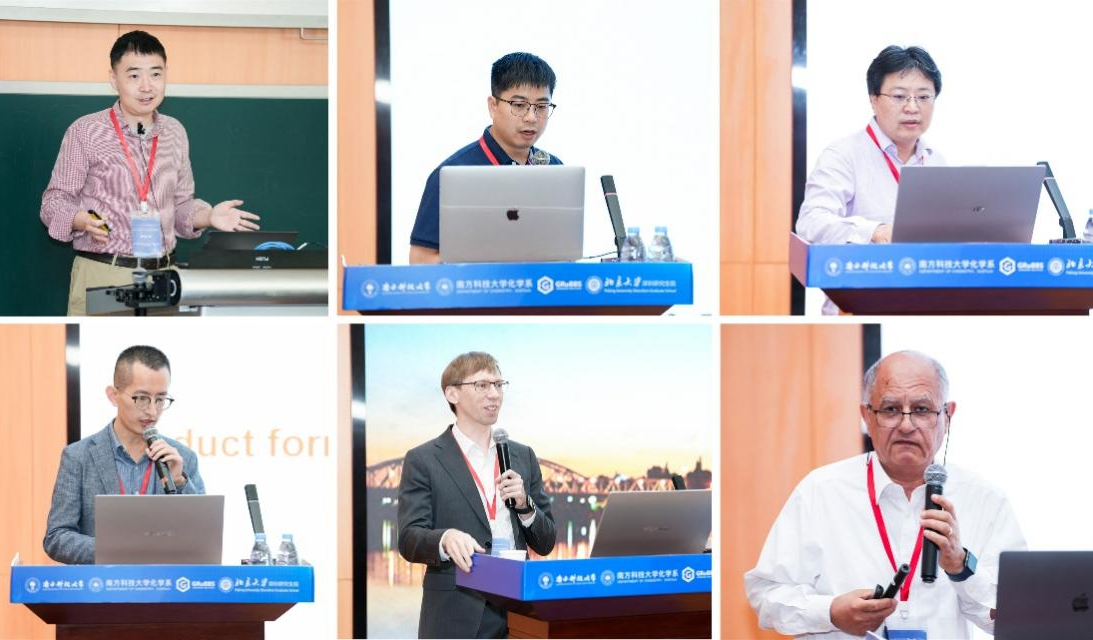
The conference also featured two parallel sessions, which included 29 invited and emerging presentations on topics covering AI-driven catalysis, computational mechanisms of both organic reactions and biocatalysis.
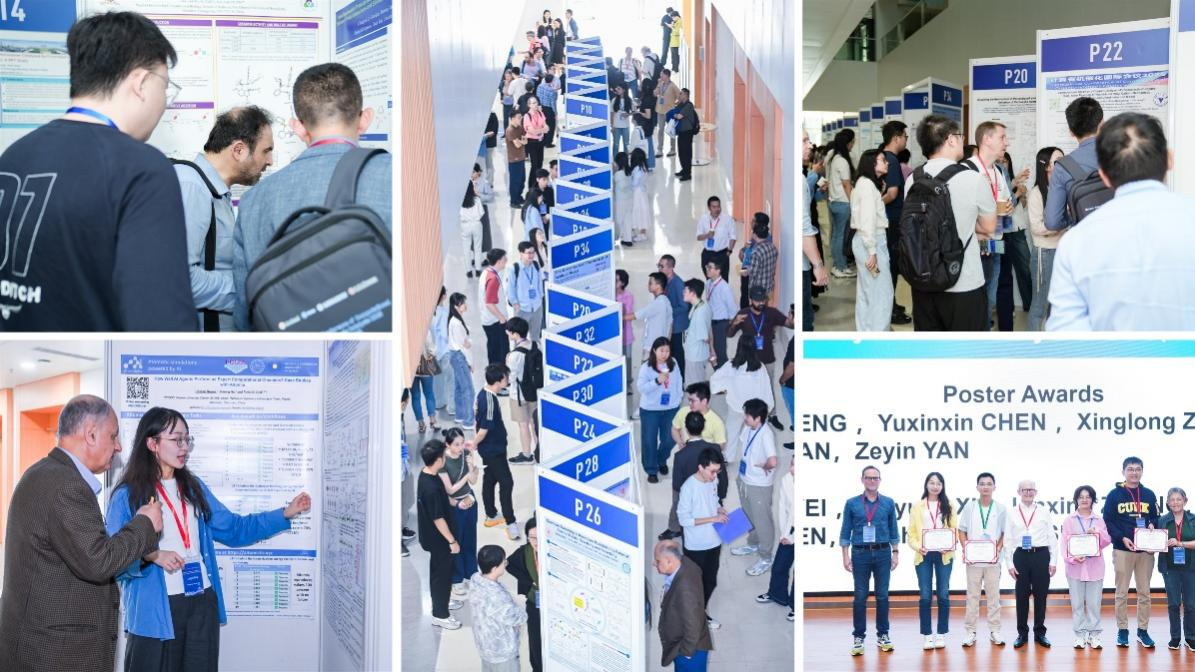
A poster session showcased the latest research from young scientists across China, from which five posters were selected for the Best Poster Award, which was sponsored by the American Chemical Society.
Marking its debut in Shenzhen, the ICCOC conference was widely praised by international participants for its exceptional organization, academic quality, and professional support, noting that the event not only showcased the latest achievements in computational organic-synthesis catalysis but also provided a premier international platform for exchange among established experts, scholars, and young researchers.
Proofread ByYuwen ZENG
Photo ByDepartment of Chemistry